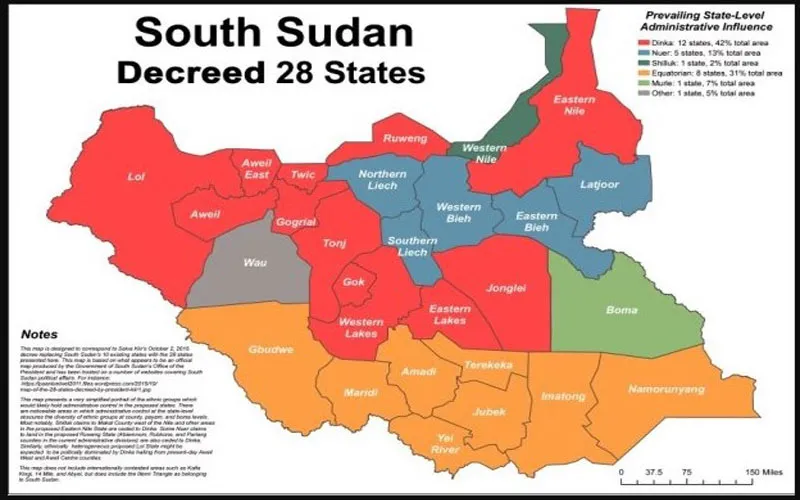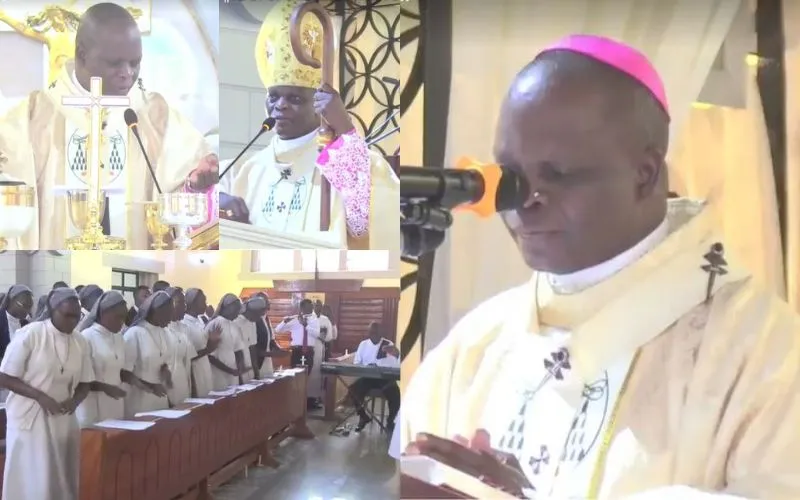Torit, 12 November, 2019 / 2:01 am (ACI Africa).
One of the reasons for the latest postponement of the formation of a unity government in South Sudan, a power-sharing government that would see the leader of opposition Dr. Riek Machar sworn in a Vice-President, is the arrangement of the boundaries of states in the world’s youngest country, including the number of states.
While welcoming the decision to extend the deadline for the formation of a unity government by 100 days, Bishop Stephen Ameyu of South Sudan’s Torit Diocese has recommended that the controversies around the states in his country be resolved by engaging South Sudanese.
“This question of 10 states, 28 states or 32 states (can) be resolved by the people, by a referendum, so that we can settle it once and for all – that people need 32, they need 28 or they need 10, that is the only solution for us in this country,” Bishop Ameyu told ACI Africa correspondent after learning about another delay in the formation of a unity government.
President Kiir decreed, in October 2015, a change in South Sudan’s administrative structure, increasing the number of states from 10 to 28. Prior to this decree, Dr. Machar’s party, the Sudan People’s Liberation Movement in Opposition (SPLM-iO) had suggested 21 states, an administrative structure based on the British colonial administration of 21 districts in what was then called southern Sudan.
Still, others wanted that the 10-state structure be maintained. Yet others argued for a reduction of the administrative structure to three provinces that characterized Sudan at independence in 1956.








